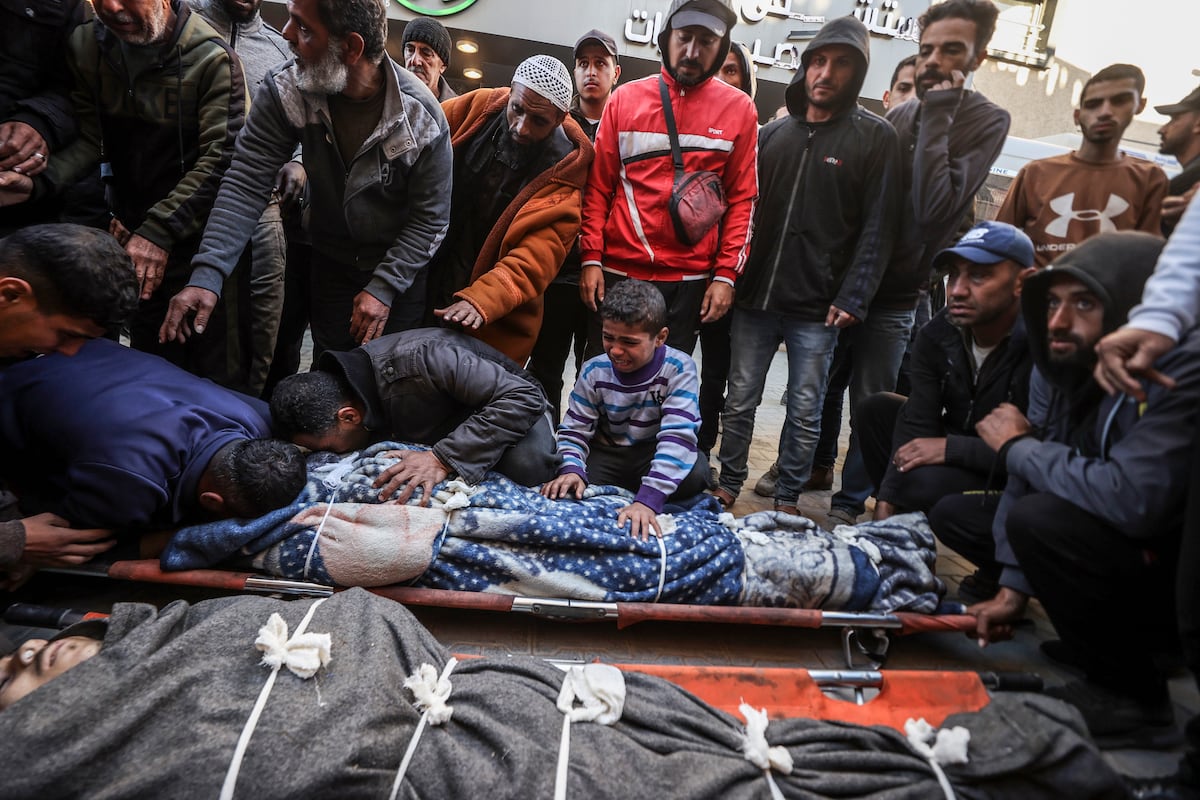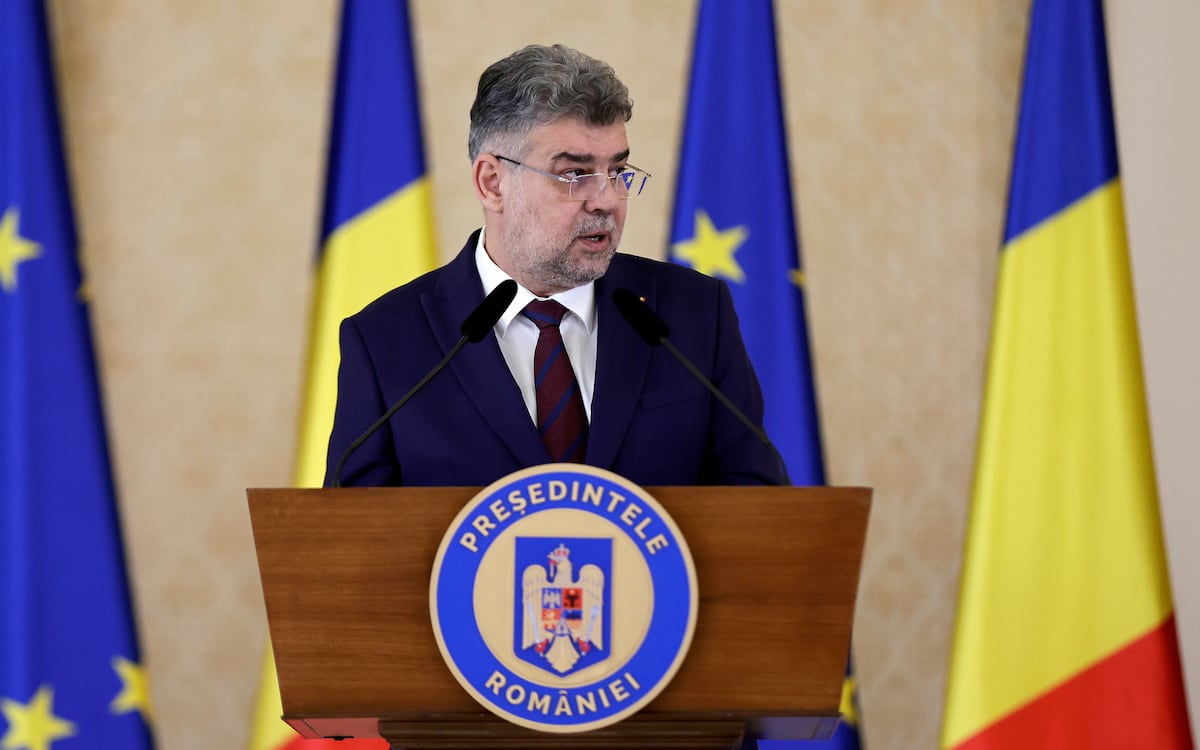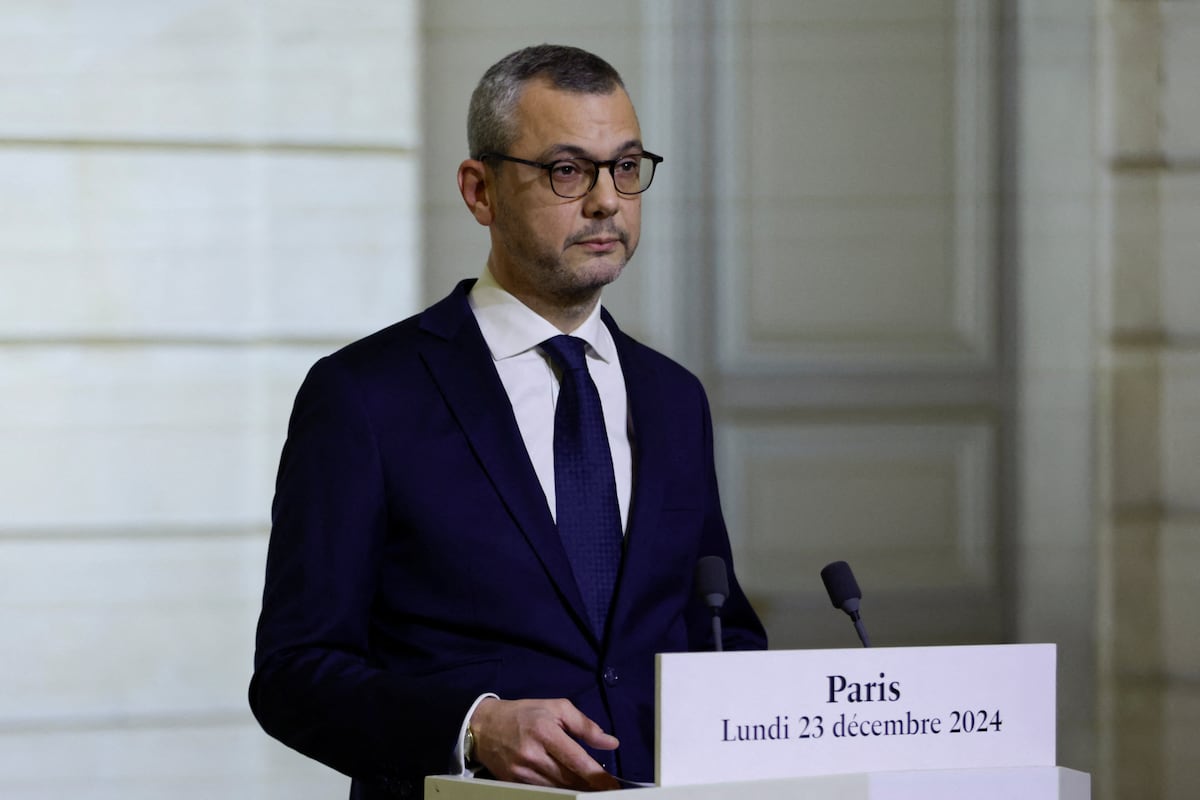While the Israeli security cabinet is meeting to approve the ceasefire agreement with Lebanon and to be announced before the end of Tuesday, its army is taking advantage of the last few hours to bombard with unusual violence, including areas of central Beirut that have never been seen before. They had been among the targets. Since the morning, the aviation has launched up to 20 bombing raids on Dahiye, the southern suburb of Beirut; demolished a building in the center of the capital (where surveillance drones sound louder than ever) without prior evacuation notice; and attacked for the first time the Palestinian refugee camp of Rashidiya, near the city of Tyre. He has also just issued an unprecedented warning to all “the inhabitants of Lebanon” that he is preparing to attack “numerous subsidiaries of Al Qard al Hassan”, Hezbollah’s microcredit network.
In just two minutes, eight fighter jets attacked up to 20 targets in Beirut. The new orders, published by the Israeli army’s Arabic-language spokesman, Avichai Adree, extend to four buildings, for the first time in areas of central Beirut. This is the case of Ras Beirut, next to a station and a church; or Mazraa and Zokak el-Blat, a few meters from two schools. Some house Shiites displaced by the war. Hezbollah has maintained a much more contained profile during the day, although in the afternoon it launched a dozen projectiles against the bay of Haifa, Israel’s third city, and the Galilee.
The Israeli security cabinet has been meeting since 5:00 p.m. local time (4:00 p.m. Spanish time). Supported by the Prime Minister, Benjamin Netanyahu, and by the senior leadership of the security forces, the ceasefire agreement has every sign of going ahead, despite the opposition of three ministers and mayors in the north of the country, the area most affected by Hezbollah drone and missile attacks since October 2023.
The presidents of the United States and France, Joe Biden and Emmanuel Macron, will likely be in charge of making the announcement this Tuesday, with a parallel statement from the Lebanese Prime Minister, Nayib Mikati. The agreement consists of a 60-day truce designed to become permanent. The Israeli army will remain during this period in the south of the country, where it has been advancing since October, demolishing entire villages and reached the Litani River this Tuesday, about 30 kilometers from the border. It is the first time since 2000, when they withdrew after 18 years of occupation of southern Lebanon. The beheaded and weakened Hezbollah would withdraw its militiamen and weapons south of this river.
After those 60 days, or during that period, they will leave, making way for the deployment of 5,000 Lebanese Armed Forces soldiers to ensure compliance with their part of UN resolution 1701, which ended the 2006 war with the same contenders. The troops of the United Nations mission, UNIFIL, which monitors respect for the resolution, will also follow.
The foreseeable imminence of a ceasefire has crept into the meeting in Rome of the G-7 foreign ministers, who have shown their support in their final statement and assured that “the time has come to reach a diplomatic solution.” There, the head of community diplomacy, Josep Borrell, spoke along the same lines: “Let’s hope that today the Netanyahu Government approves the ceasefire agreement proposed by the United States and France. No more excuses. No more additional requests. Enough of fighting. “Stop killing people and let’s start thinking about peace.”






